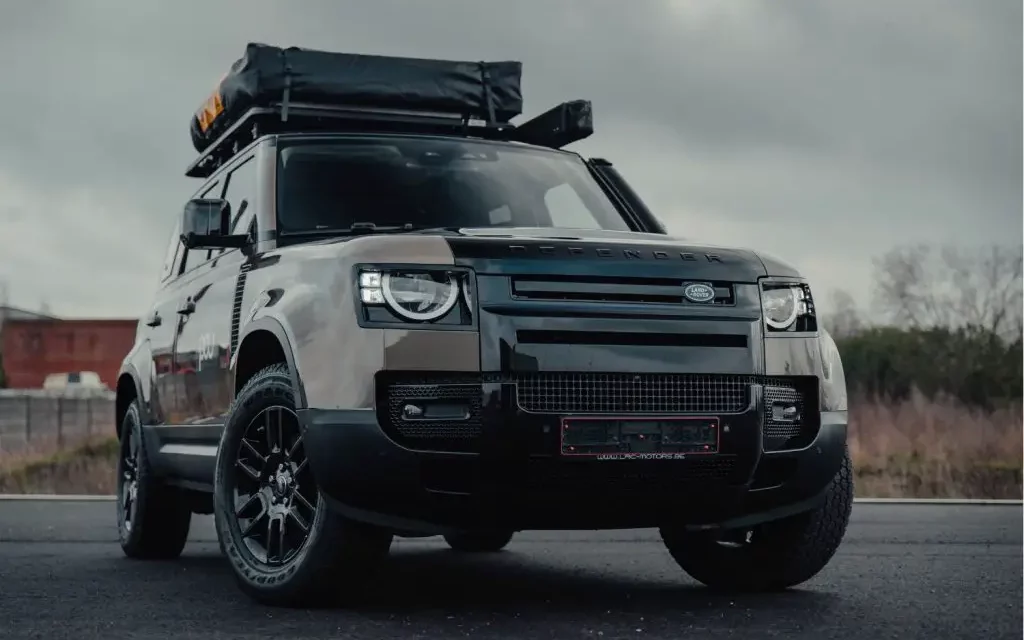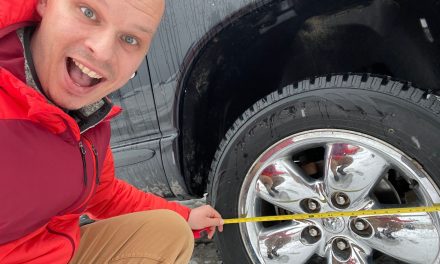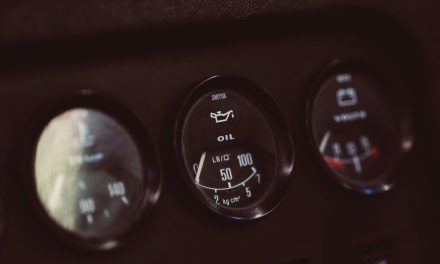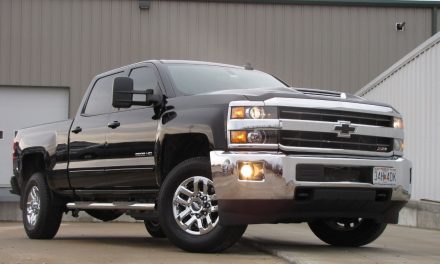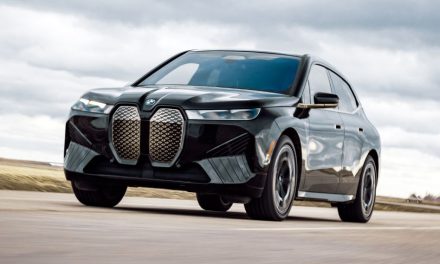Since I was a teenager, I have always been interested in auto auctions! The promise of a fantastic deal, with a wide variety of possibilities in one day, is something to look forward to. However, over time I have learned more about auctions, especially all the different types of vehicles you will find at an auction.
Most people think of completely wrecked vehicles being sold for parts when they think of auto auctions, or at least I always did! However, that only encompasses some reasons a car can be sold at auction.
While insurance-totaled vehicles are the lion’s share of vehicles at auction, you will also find repossessed cars, rebuilt vehicles, private and even individuals looking to sell quickly. Knowing which auction vehicles you are bidding on can make a huge difference.
Table of Contents
1. Insurance totaled vehicles – Flood, damage, hail, etc.
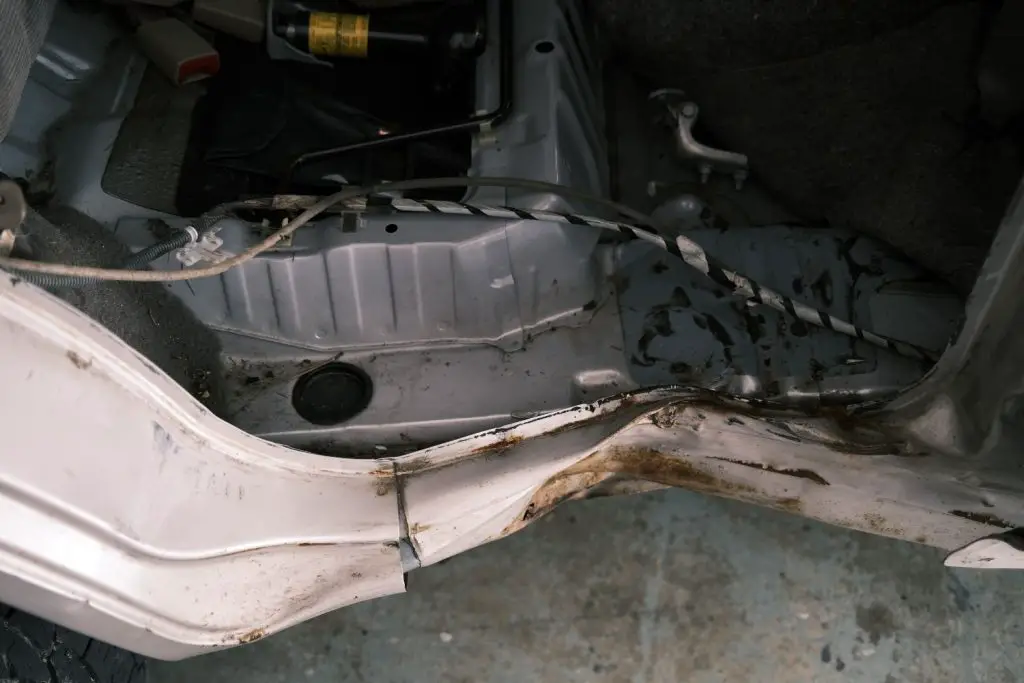
Insurance-totaled vehicles are the most common category of vehicles you may consider when thinking of an auction. Standard vehicle accident vehicles may be slightly damaged or significantly damaged depending on the situation. You will want to take a close look at all the damage on a vehicle before purchase to ensure that it lacks frame damage, as that can be cost-prohibitive, even if the damage is minimal otherwise.
Flood vehicles, on the other hand, may not show any damage to them, but if they are flooded by salt water, it can cause large amounts of electrical issues or (even worse) a flooded engine. If you are starting your vehicle rebuilding journey, I recommend avoiding this, as electrical concerns can be one of the more complex issues with a vehicle.
Hail damage is rather evident by the minor dings all over the vehicle. If I were personally trying to hunt for cheap transportation at an auction and didn’t care about how it looked, this would be my choice. However, even though there is only slight damage to these vehicles, returning them to the like-new condition may require replacing roof panels, hoods, and even all side panels.
2. Repossessed vehicles
You will find repossessed vehicles at a variety of types of auctions. If someone can’t pay their bill (for various reasons), and they have a lien or loan on the car, the bank can come to repossess the vehicle. It is a sad reality of automotive loans; however, it is a stark reality that causes many cars to go to auction after the bank is ready to be resold to recoup their cost. The major downside to this, is that many repossessed vehicles were neglected, meaning maintenance was not done on time, and can cause a host of problems.
3. Rebuilt Vehicles
Rebuilt vehicles are strange one. These vehicles are bought at auction as damaged vehicles, fixed up, , heavily detailed and then resold later at auction. This category contains two different types of vehicles.
- People often fix cosmetic issues with the vehicle (to make it look better than it is) but only repair structural or more complex parts to resolve, which tend to be the most expensive. Auctions generally will not allow you to delve deep into a vehicle, meaning you will notice these after purchase.
- That said, some good people will rebuild a vehicle into a “like-new” state and then try to resell it at auction. However, it is challenging to know if this is your buying category. I would only recommend purchasing a rebuilt vehicle at auction with a pre-purchase inspection.
In the end, buying a reconstructed car at auction is a toss-up.
4. Private parties sell their car quickly and without hassle.
You will find these vehicles usually at public auctions, where anyone can put their car up for auction. If you have ever tried to sell a vehicle private-party, you will know the challenge behind that.
Tire kickers, no-showers, people asking if it’s still available, and then never responding past that is prevalent elsewhere. Selling your vehicle at auction may get you less cash, but it does get it in front of many people at once, and it has a great chance to sell with little effort on your side.
Different types of auctions
1. Public Auction
Public auctions are likely the auction most people will be able to visit! These auctions tend to have private party sellers, some insurance company sellers, and some repossessed vehicles. This auction is open to the public, and anyone can join in, and you have to sign up to get yourself a number and start bidding.
2. Government Auctions
You likely have seen those white Equinox crossovers or police interceptors running around. Well, they have to be sold somewhere, and Government Auctions is that place! They also use these auctions to sell seized property, including cars and trucks. You can learn more about finding these auctions by visiting usa.gov’s page.
3. Online Auctions
This is becoming more and more popular as time goes on. An online auction will be held entirely on a website. One great thing about this auction style is that online auctions can be bid on wherever you are in the country! One not-so-great thing is you need help to see the vehicle in person, and sometimes just that one glance at the car in person tells you this is a vehicle you should avoid.
How much do cars go for at dealer auctions?
Cars will sell at different prices, discounts, and more. However, it would be best to remember that auctions are where dealers tend to buy many of their used vehicles, so you will likely buy them at a decent discount.
You will, however, want to weigh the upsides of that discount with the downsides of not being able to test drive the vehicle, as there may be further issues that you will have to fix that may eat away at that discount and more.
Can anyone go to an auto auction?
Who can go to an auction depends on the auction itself, some may be invitation only, and some may only be for dealerships. The best way to find your local public auction that anyone can go to, or drop off cars for sale, is to google “public car auction near me.”
Buying a used car from a dealer who purchased it from an auction
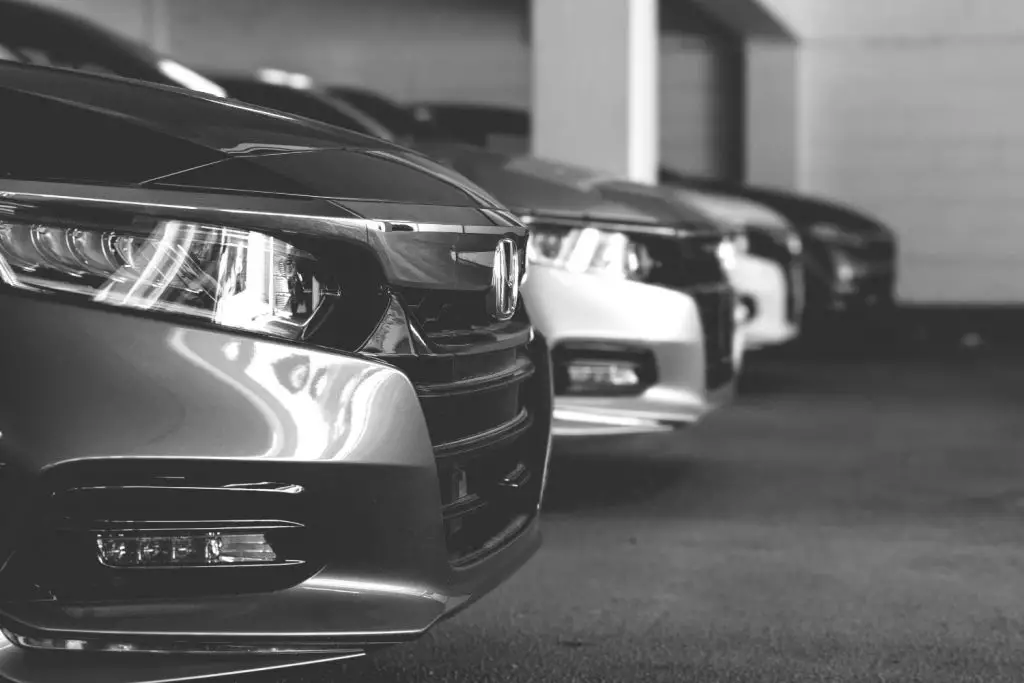
Once you have been to an auction and have started to see the quality and condition of the cars at these auctions, you may wonder if you should buy a car at a dealership purchased at an auction. Yes, you can still buy a car from a dealer that was purchased at an auction. However, I recommend always getting a car fax report, even if the vehicle is at a dealership.
On that report, you will find if it was well maintained, how many people have owned it, if it was a lemon buyback, and more.
Conclusion
This quick guide to why vehicles go to car auctions and a little bit on how to shop at them has helped you understand this a little bit more. Auctions can be risky to buy a car; however, if done right, they can also really pay off.
My recommendation: If you are mechanically savvy, I would buy vehicles that were in more minor accidents and repair them. These cars tend to have been driven up until the accident. They then sit and are less likely to have not been taken care of.

